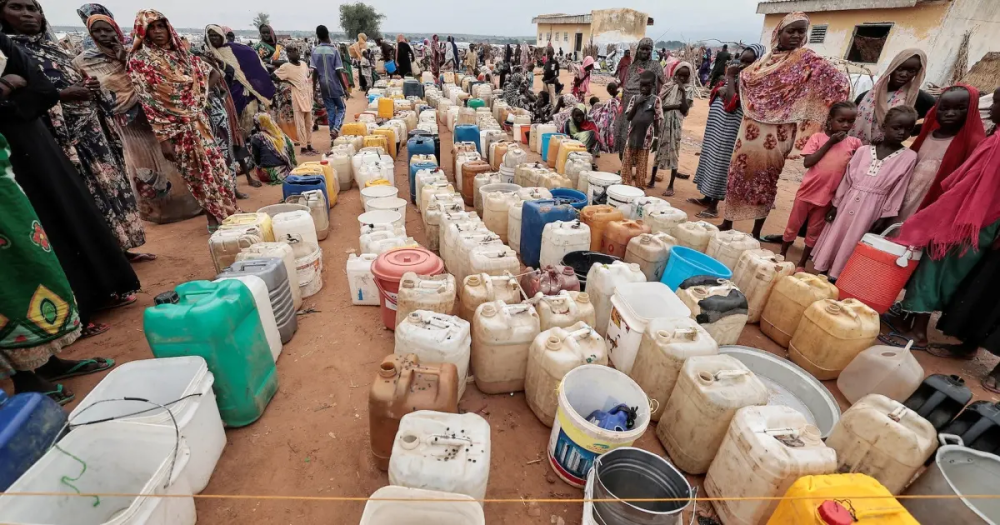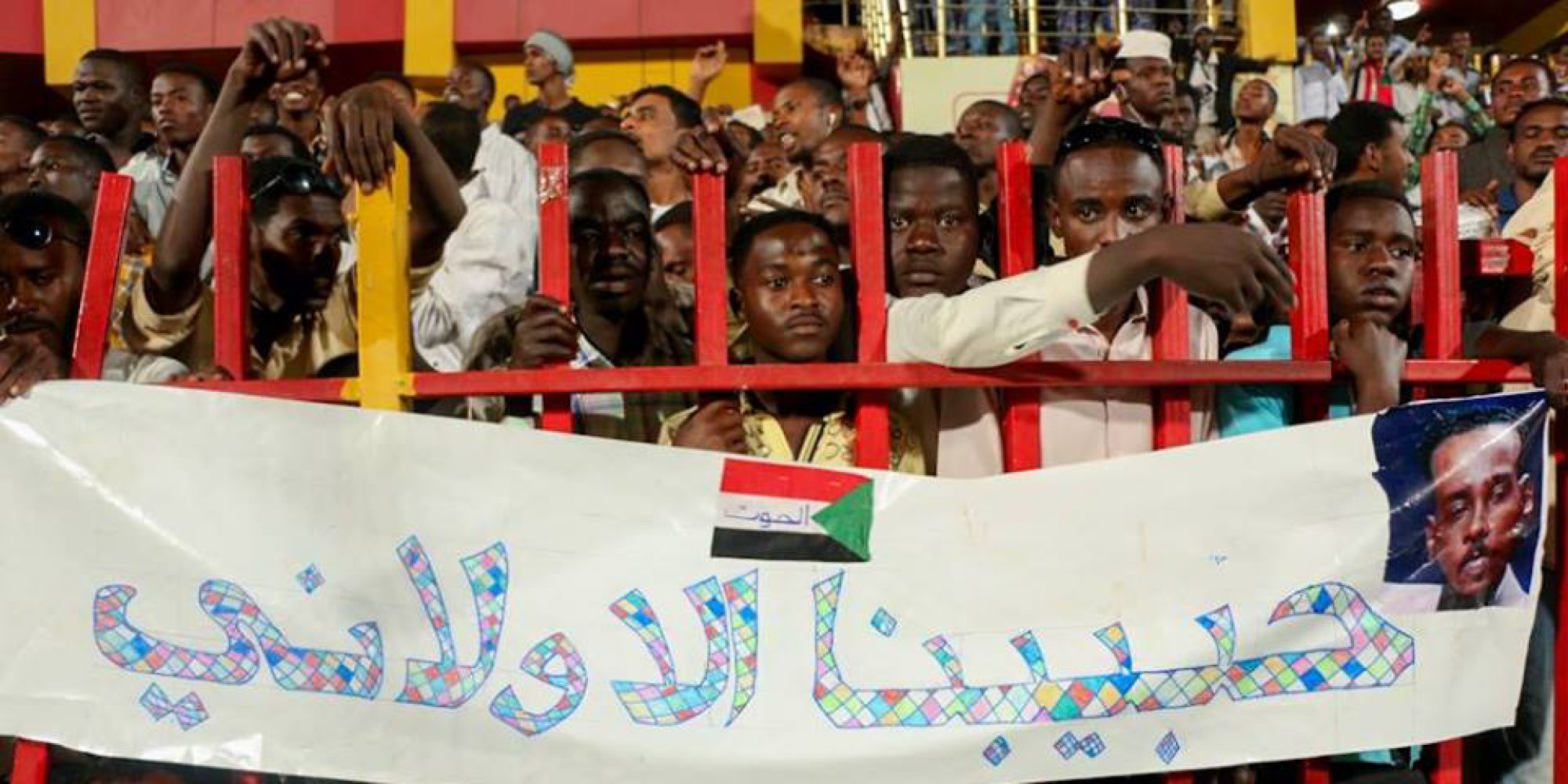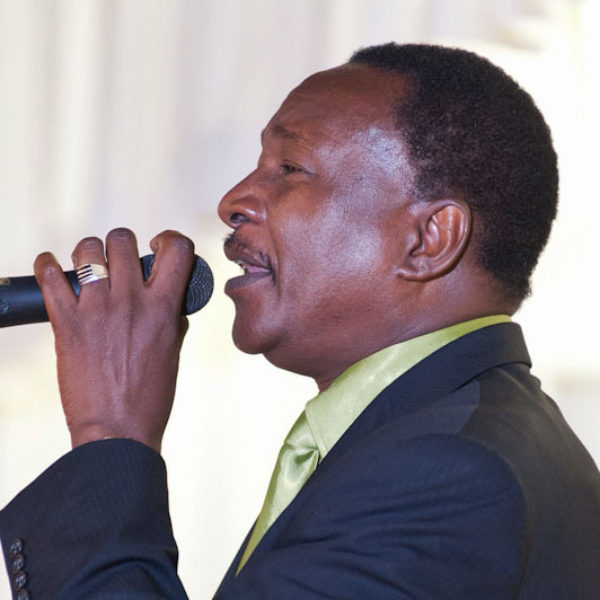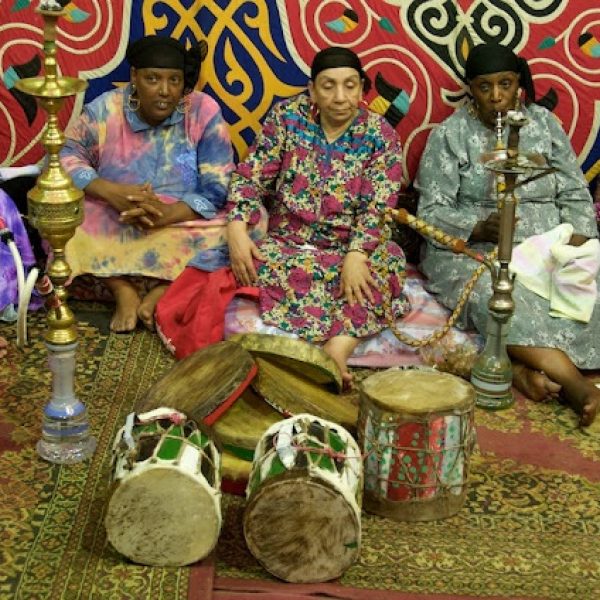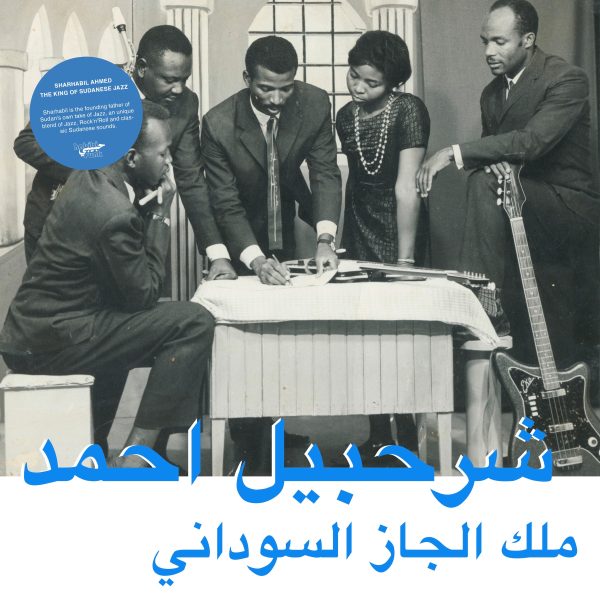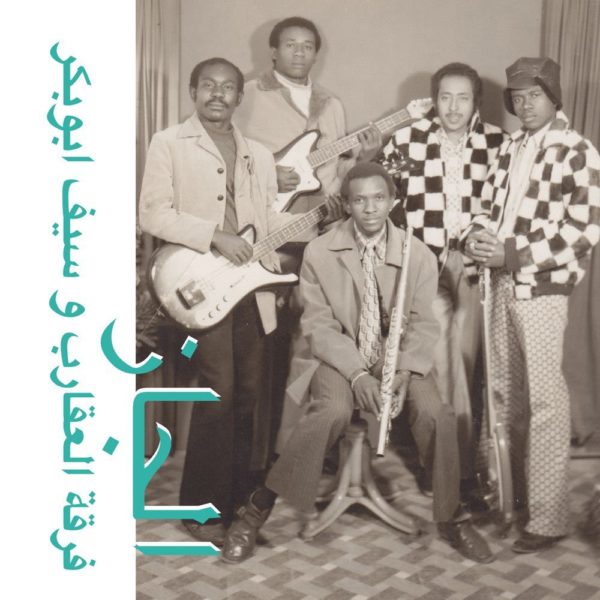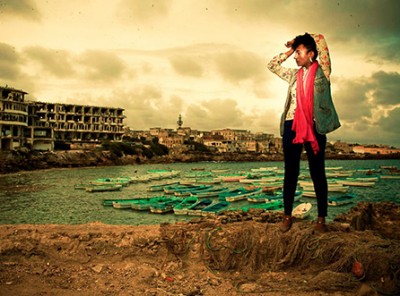With an eclectic sound that united both young and old, it's no surprise that "Al Hoot" (the Whale) still stands as a figurehead of the Sudanese revolution, influencing both music and social change. Born in Khartoum’s Bahri district in 1967, Mahmoud Abdel Aziz showed early signs of destined stardom from a young age. After gaining praise from Sudan’s president Gaafar Nimeiry at the age of eight, Abdel Aziz joined the Bahri Youth Center’s (BYC) theater troupe, where he began to develop a strong passion for music and performing. There, he met mentors such as Salah bin Al-Badia and Siddiq Ahmed, who cared more about authenticity and respect for the art than the money that came with fame.
During his time at the BYC, Abdel Aziz became a pioneer of Sudanese New School, blending the traditional beats of Sudanese music with contemporary and Western genres, including pop, jazz, and reggae. His style of haqeeba, a genre that blends Arabic poetry with African rhythms, created a distinct sound of both nostalgia and modernity that appealed to a cross-generational audience. “Al Nhyat,” the first track from his debut album Khaly Balak, strays from the classical hits of the time into a pop, funk-influenced sound.
His collaboration with Hanan Bulu Bulu, another contemporary artist who combined traditional rhythms with modern arrangements, merged her upbeat vibrancy with his soulful flair to create an emotive dynamic that appealed to a wide audience. His direct and passionate lyricism and relatable themes of love, loss, and political reform spoke to young listeners grappling with an oppressive government. “Juba” from the 2001 album Bartah Leyk evokes a sense of unity, shared heritage, and longing, resonating with many who appreciated both North and South Sudan. The description of the city’s beauty and Abdel Aziz’s use of Juba Arabic (a creole of Sudanese Arabic) served as a tribute to the southern capital and its people, and showed the artist’s ability to connect with fans through current social commentary. His music served as a form of resistance and means of communal solidarity during a time plagued with political turmoil, with its impact extending to today as the country continues to battle a corrupt government.
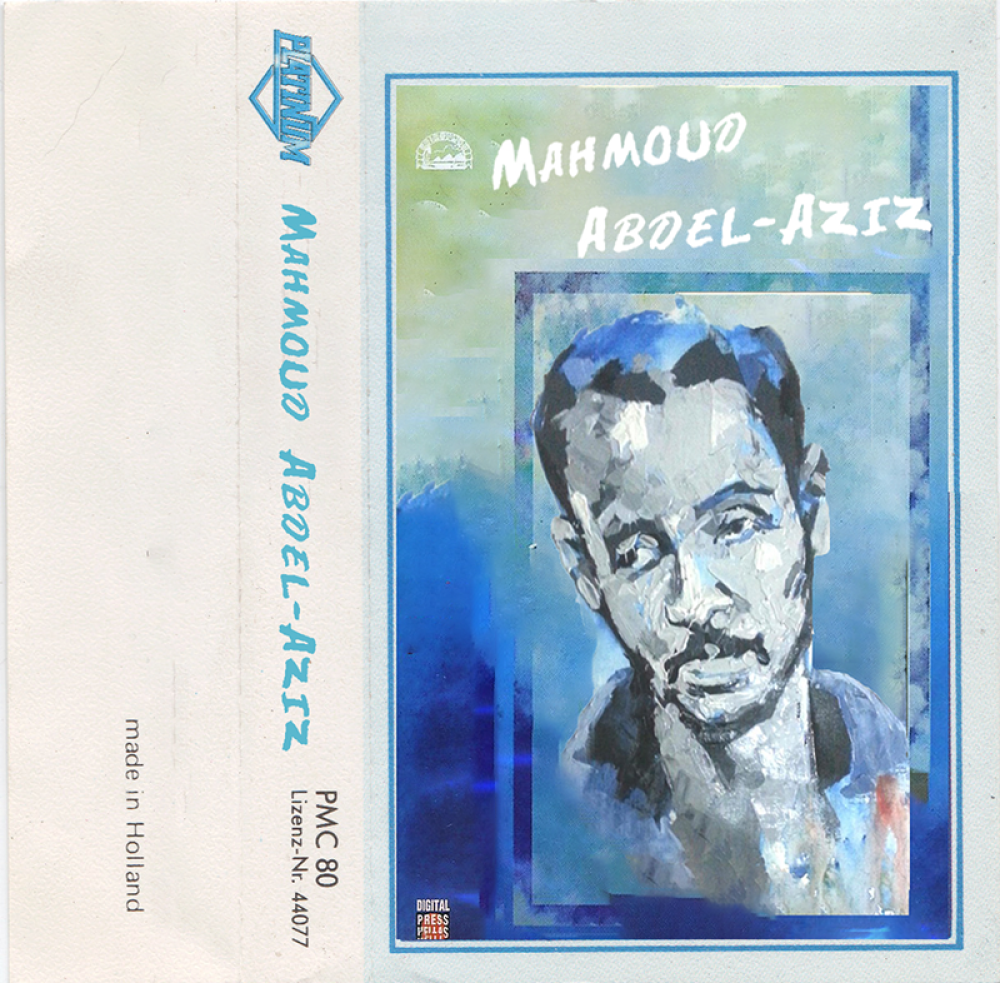
Before branching out to the world stage, Mahmoud Abdel Aziz worked with members of the Al-Nawras band, who assisted not only in composing his music but also in shaping public reception. As established and respected musicians, they helped Abdel Aziz perfect his craft and allowed him to experiment with less traditional instrumentation, enabling his work to spread quickly and authentically. His first studio album, Khaly Balak, features six tracks ranging from upbeat funk-pop hybrids to classic Sudanese ballads like "Masfat," which features more traditional background vocals. In 1996, Mahmoud Abdel Aziz gained international recognition when his talent was acknowledged in Russia. His second album, Sakat Al-Rabab, was produced in Moscow and features accompaniment by a Russian orchestra; the conductor praised his voice as "a powerful musical instrument that reverberates across the entire vocal range." That same year, he continued to push boundaries and refine his musical fusion in the eight tracks of Seeb Aenadak, incorporating strong accordion and saxophone tunes during a time when orchestras and the Sudanese oud were the dominant instruments.
As a cultural icon, he used his concerts as opportunities to connect with his audience. As the embodiment of the hopes and dreams of a generation, he drew fans who would come together to celebrate Sudanese culture and progress, dancing alongside the singer and having casual conversations with him off-stage. His connection to his fans was so strong that one of his most iconic poses originated from a paraplegic audience member who threw up a peace sign to get the musician's attention. Mahmoud returned the gesture to acknowledge the fan, and it soon became his signature pose; he was even pictured on his deathbed giving the salute. Mahmoud Abdel Aziz passed away in January, and as word of his death spread, Sudanese people worldwide began to mourn. When his body was returned to Sudan from Jordan, thousands awaited their beloved singer at Khartoum Airport.
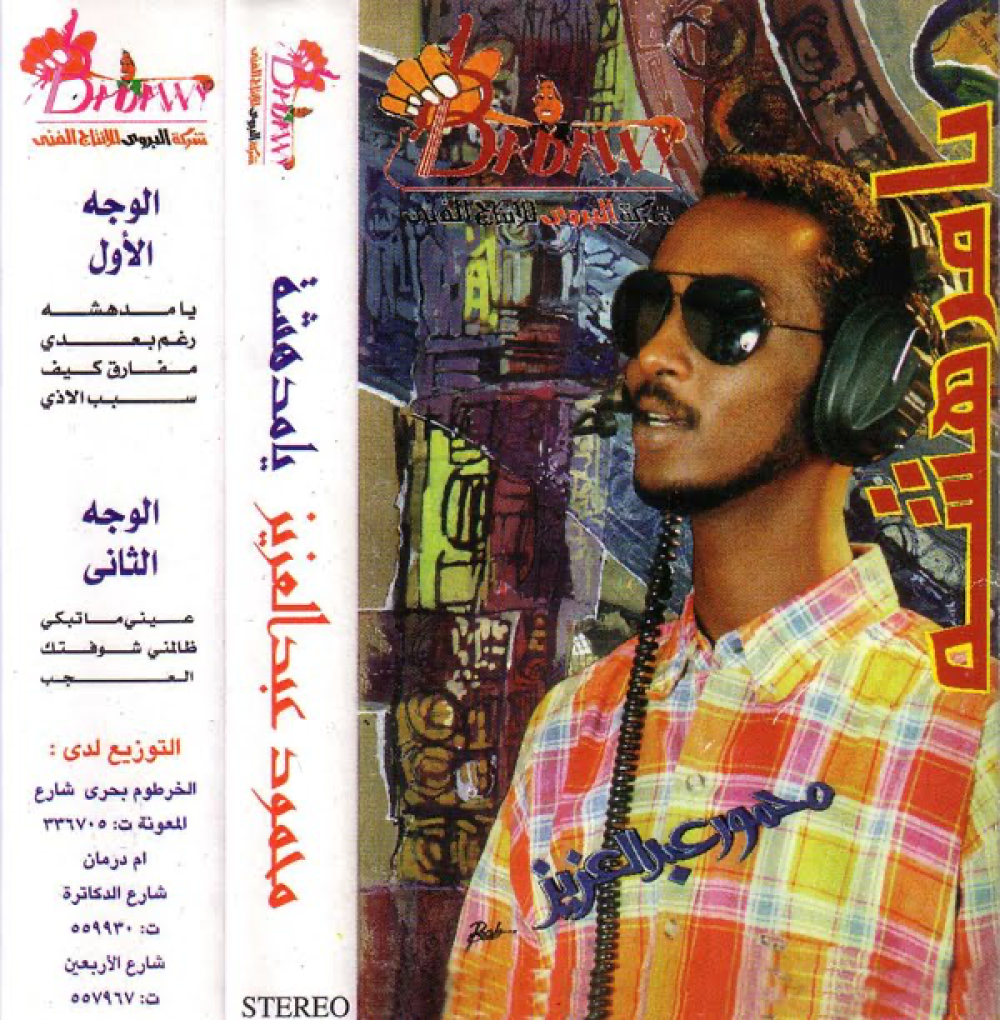
Today, as a civil war rages on, Sudanese people still sing his songs as anthems of resistance and resilience. After former authoritarian president Omar al-Bashir’s removal from office in 2019, a military coup took power and dismantled the civilian-led government that Sudan had been trying to develop. In the spring of 2023, the two military generals who headed the coup, Abdel Fattah al-Burhan and Mohamed Hamdan Dagalo, known as “Hemedti,” began fighting for power, leading to a new civil war between their two groups. Today, Al-Burhan’s Sudanese Armed Forces (SAF) and Hemedti’s Rapid Support Forces (RSF), associated with the Janjaweed, continue to battle across the country, adding to the humanitarian crisis Sudan already suffers from.
Over 25 million people have been affected, with over 10 million internally displaced and over 2 million seeking refuge in neighboring countries. According to the UN Refugee Agency, the Famine Review Committee has officially confirmed a famine in Darfur, one of the most populated regions of the country. As the people of Sudan struggle to find refuge, they continue to sing Abdel Aziz’s songs passionately during marches of resistance and post his lyrics on social media to remind the world of their resilience.
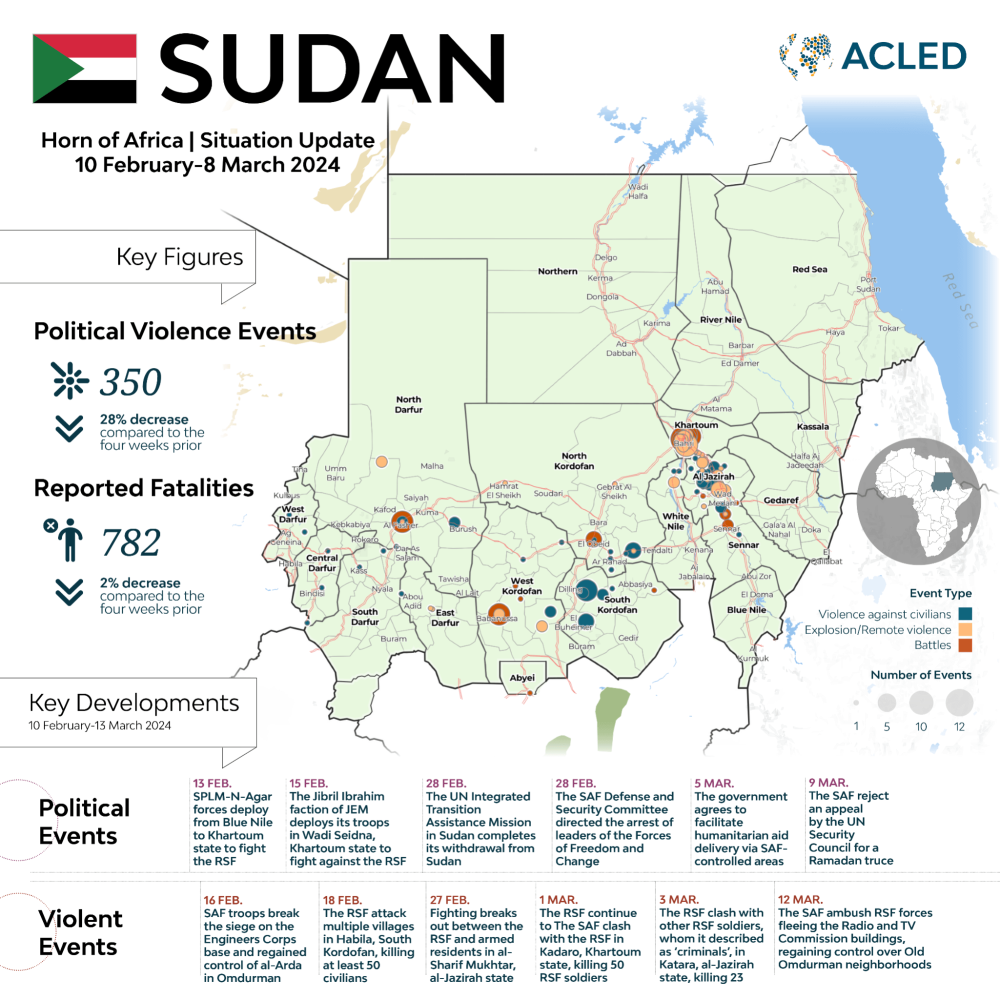
Bio:
- محمود عبد العزيز (مغني) - ويكيبيديا
- http://aymanelias.blogspot.com/2013/01/mahmoud-abdulaziz-pronounced-clinically.html
- المُغنّي الذي سجد له السودانيون... محمود عبد العزيز "الحوت" - رصيف22
Influence and Regard, Political Symbol:
- 5. The dead Sudanese singer inspiring revolt against Omar al-Bashir | Global development | The Guardian
Fans:
To listen:
March 2024 | Sudan: Escalating Conflict in Khartoum and Attacks on Civilians in al-Jazirah and South Kordofan
